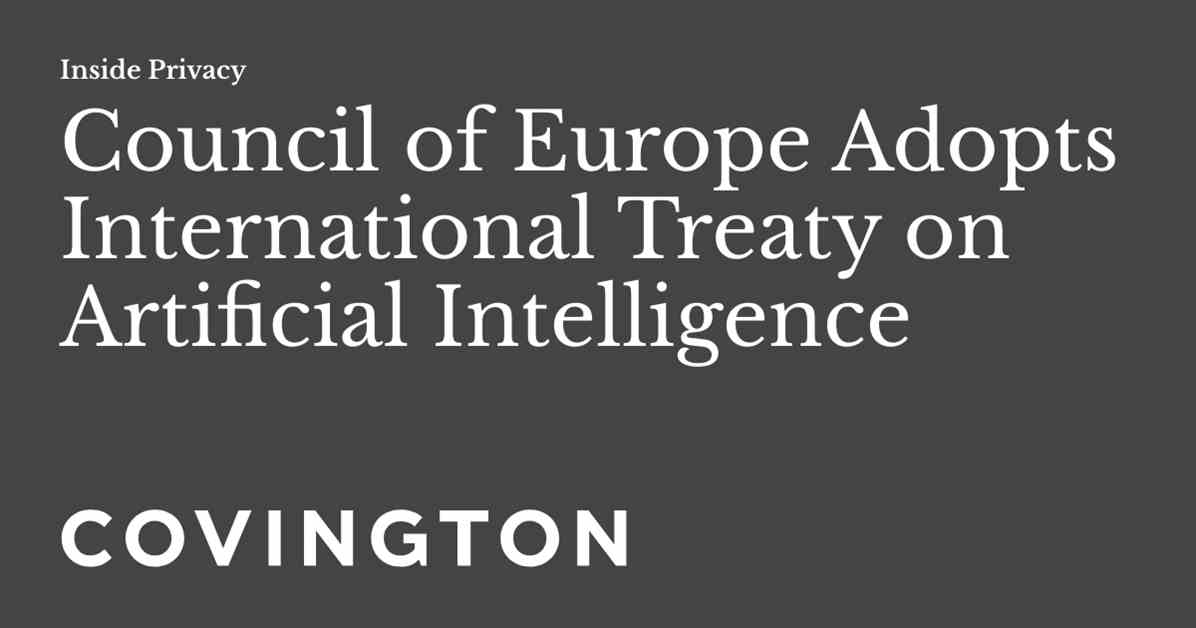The Council of Europe Takes a Historic Step with New AI Treaty
On May 17, 2024, a significant development took place as the Council of Europe approved the Framework Convention on Artificial Intelligence and Human Rights, Democracy and the Rule of Law (the “Convention”). This landmark treaty, the first of its kind on AI, will have legal implications for the signatories. The Convention is set to be available for signature starting September 5, 2024.
Representatives from the 46 Council of Europe member states, the European Union, and 11 non-member states played a crucial role in drafting the Convention. Notably, the Convention does not directly impact businesses but requires signatories to enact laws or other legal measures to enforce it. It reflects an international consensus on key aspects of AI legislation that are anticipated to be embraced by the signatories.
Drawing parallels with the EU AI Act, the Convention covers the utilization of AI systems in both public and private sectors, excluding those related to national security interests and research activities. The definition of “AI system” mirrors that of the EU AI Act, based on the OECD’s definition. Additionally, the Convention advocates for transparency, oversight, accountability, responsibility, equality, non-discrimination, privacy, data protection, and reliability – mirroring the core themes of the EU AI Act.
Parties to the Convention are urged to adopt measures mandating entities to implement risk and impact management frameworks for AI systems. The signatories have the flexibility to introduce legislative, administrative, or other measures to enforce the Convention’s provisions, with a risk-based approach permitted based on potential adverse impacts on human rights, democracy, and the rule of law.
Furthermore, the Convention empowers the signatories to establish remedies and oversight mechanisms as per their jurisdiction and emphasizes the importance of cooperation and information exchange among the signatories.
It is important to note that the Council of Europe, established in 1949, is distinct from the European Union and aims to uphold human rights as outlined in the European Convention on Human Rights. With 47 member countries, including all 27 EU member states, the organization plays a pivotal role in promoting and safeguarding human rights.
This article was collaboratively written by Diane Valat and highlights the groundbreaking implications of the Council of Europe’s adoption of the international treaty on AI.


















